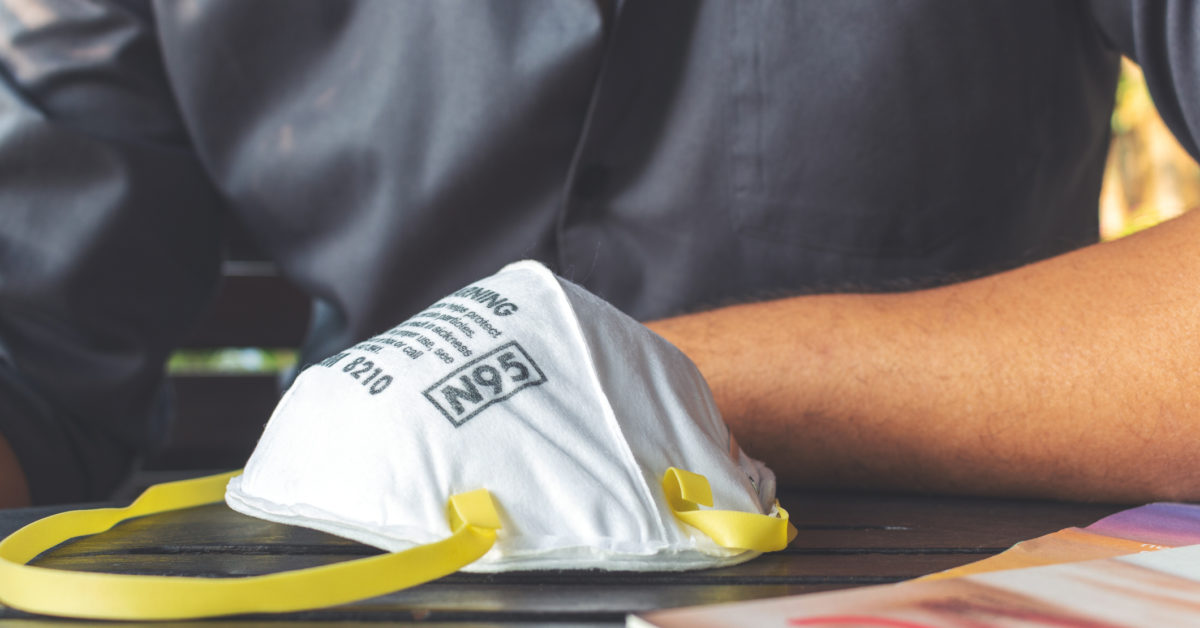With many frontline healthcare workers wearing face masks for much of the day, some are experiencing uncomfortable skin damage. One of the authors of a recent article on the topic offers advice.

Face masks need to fit snuggly to the wearer’s face, and they must close tightly around the nose to ensure that they offer maximum protection.
However, in a fast paced, stressful, and sometimes hot environment, this can lead to discomfort and skin damage.
A recent study investigates this type of skin damage in detail. One of the authors of the paper, Prof. Karen Ousey from the University of Huddersfield in the United Kingdom, explains:
“The wearers are sweating underneath the masks, and this causes friction, leading to pressure damage on the nose and cheeks. There can be tears to the skin as a result, and these can lead to potential infection.”
Stay informed with live updates on the current COVID-19 outbreak and visit our coronavirus hub for more advice on prevention and treatment.
Usually, dressing a wound would help minimize further damage and prevent infection. However, in this situation, a dressing might prevent the mask from fitting correctly and, therefore, increase infection risk. The researchers published their article in the Journal of Wound Care in February.
The article covers a range of medical devices, including endotracheal and nasogastric tubes, oxygen tubing, urinary catheters, cervical collars, and casts. However, it is the increased use of face masks that has brought the study into the limelight.
The recent article is one of the first to offer advice on safely applying these medical devices. The authors advise both healthcare practitioners and the industry that creates and designs medical devices.
The paper focuses on pressure ulcers that develop due to medical devices, in particular. Pressure ulcers

